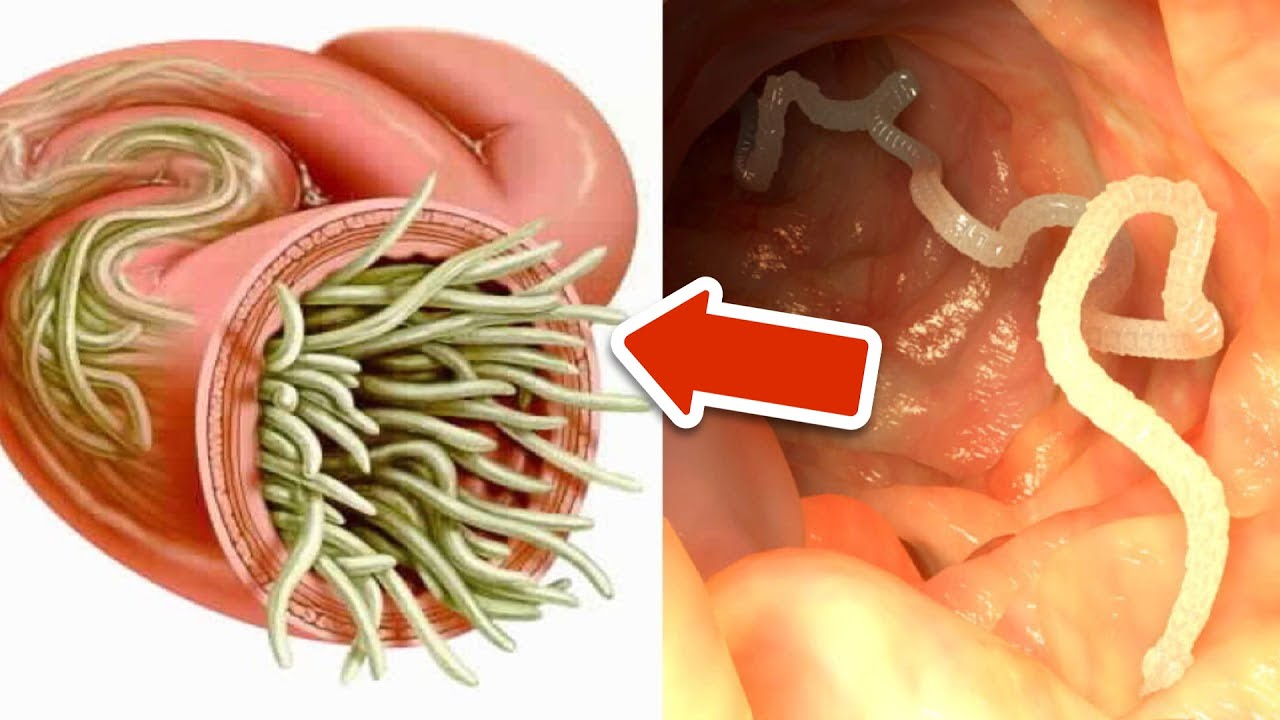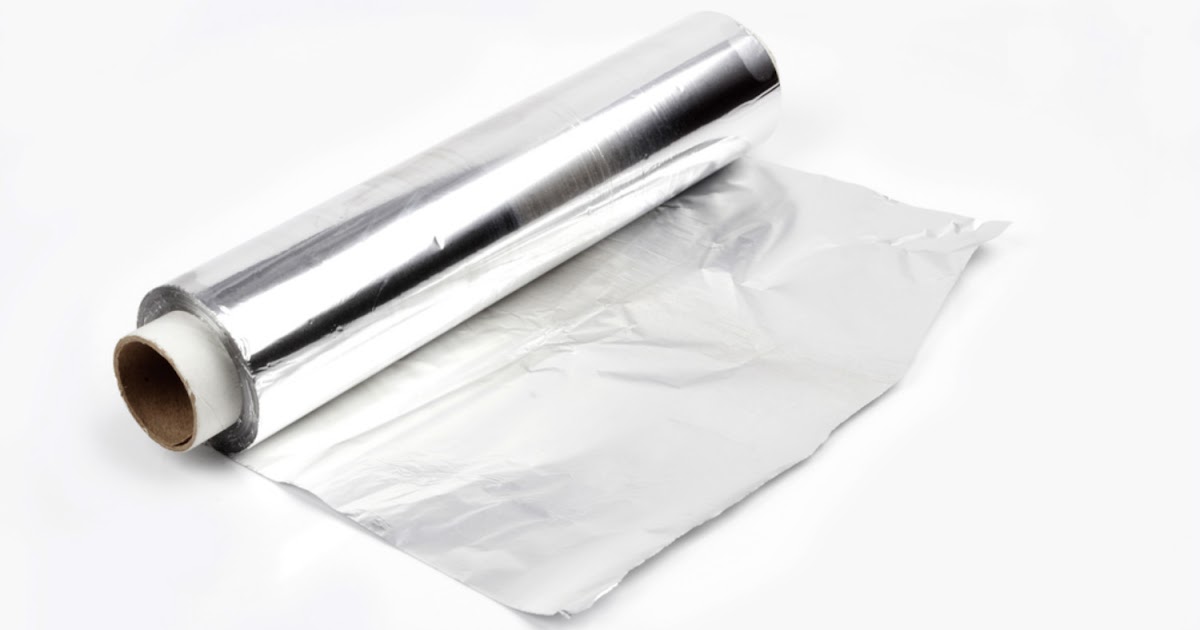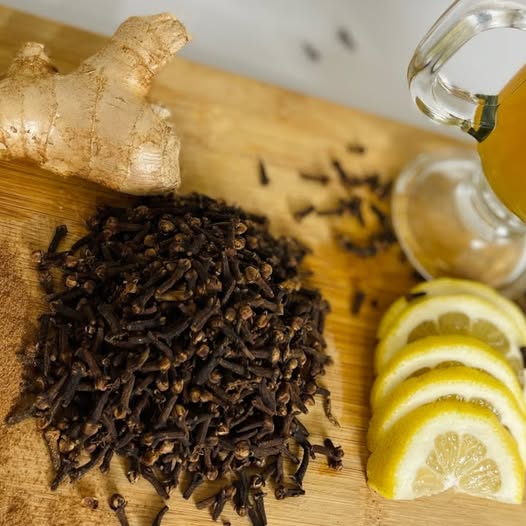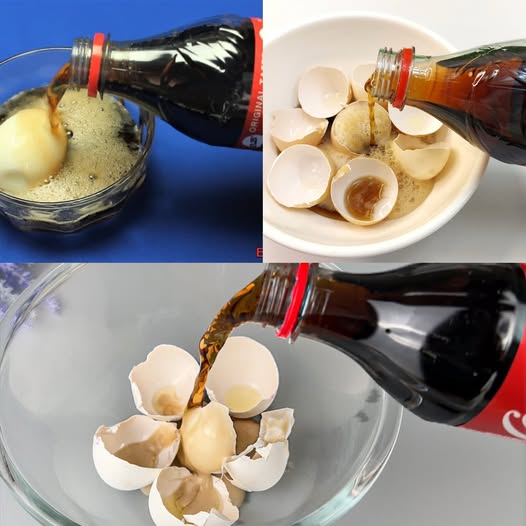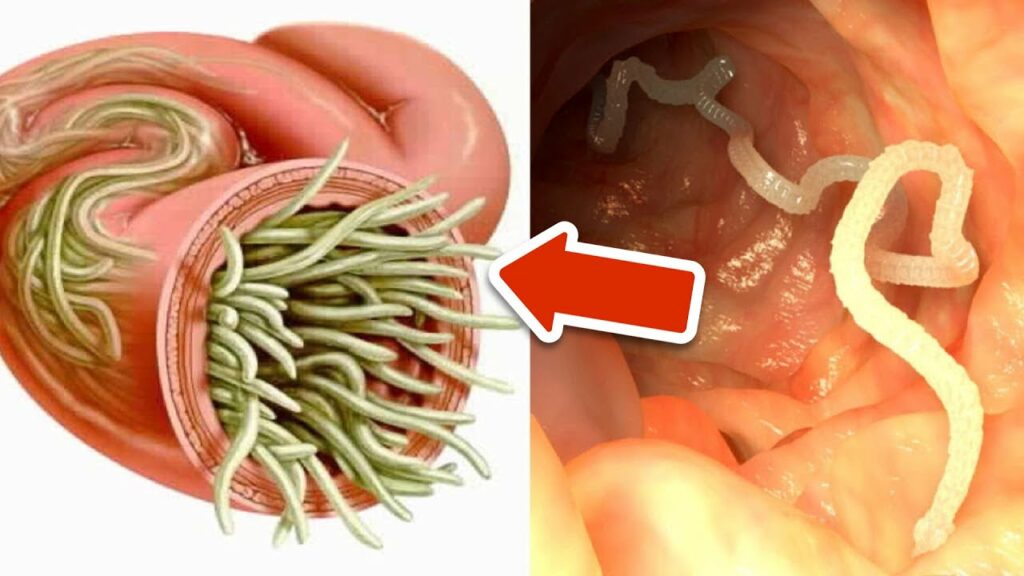
Dealing with internal parasites can be a troubling health issue, but certain herbs have been used traditionally to help naturally eliminate these unwelcome guests. Here are seven herbs known for their anti-parasitic properties that can be a natural part of a treatment plan under the guidance of a healthcare professional.
1. Black Walnut
-
How it Works: Black walnut hulls are used in herbal medicine to treat intestinal worms due to their juglone content, which is antifungal and antibacterial.
-
Usage: Black walnut is often taken in tincture or capsule form to maximize its effectiveness against parasites.
2. Wormwood
-
How it Works: This herb contains compounds known as thujones which can weaken parasite membranes. It’s particularly effective against roundworms, pinworms, and liver flukes.
-
Usage: Wormwood can be consumed as a tea, tincture, or in capsules but should be used under professional supervision due to its potency.
3. Clove
-
How it Works: Cloves are effective against microscopic parasites and have a killing effect on eggs that parasites lay in the intestinal tract.
-
Usage: Use ground cloves in tea or as a supplement; it’s often paired with black walnut and wormwood in anti-parasitic protocols.
4. Garlic
-
How it Works: Garlic is not only antibacterial and antifungal but also antiparasitic. It can help kill various internal parasites and improve immune function.
-
Usage: Eating fresh garlic, using it in culinary preparations, or taking a garlic supplement can help utilize its parasiticidal properties.
5. Oregano Oil
-
How it Works: Carvacrol and thymol, two compounds in oregano oil, are powerful antimicrobials that can help eliminate parasites.
-
Usage: Oregano oil should be diluted with a carrier oil and can be taken orally for a short duration or as directed by a health expert.
6. Neem
-
How it Works: Neem has a broad range of medicinal properties, including being antiparasitic. It interferes with the reproduction and survival of parasites.
-
Usage: Neem leaves can be consumed in tea or as capsules to fight parasitic infections.
7. Thyme
-
How it Works: Thyme is known for its ability to inhibit the growth of harmful bacteria, yeast, and parasites.
-
Usage: Thyme can be used in cooking or taken as a supplement or tea for its parasiticidal effects.
Important Considerations
-
Consultation: Always consult with a healthcare provider before starting any herbal treatment for parasites, especially if you are pregnant, nursing, or on medication.
-
Quality and Dosage: Use high-quality, organic herbs and follow recommended dosages to avoid potential side effects.
-
Duration: Some herbal treatments can be intense on the body and should only be used for limited periods.
These herbs offer a natural approach to controlling parasites internally and can be part of a comprehensive treatment plan aimed at restoring gut health and overall wellness.
